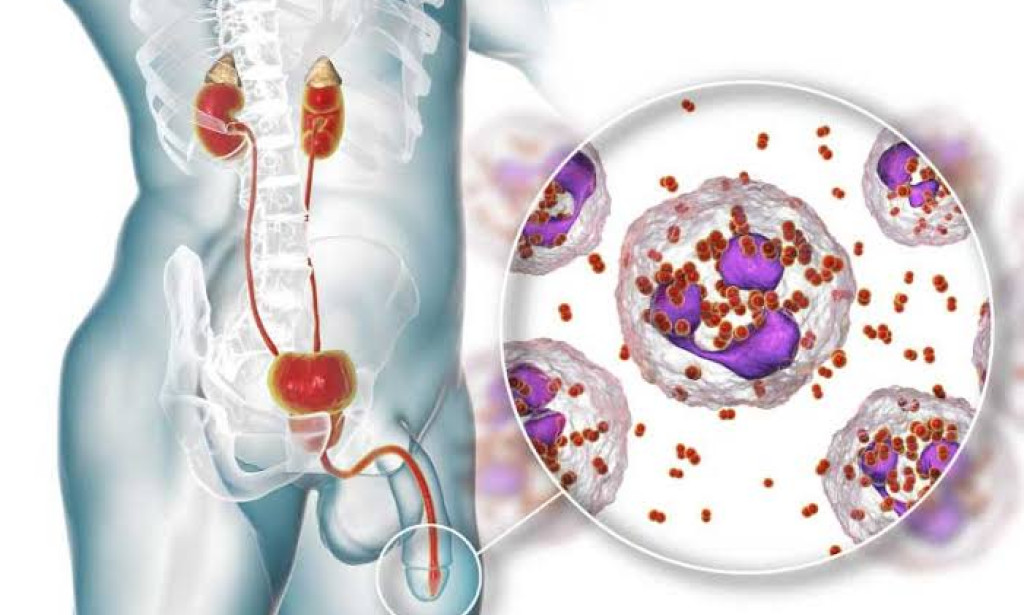In a remarkable scientific breakthrough that could pave the way for revolutionary treatments, researchers at the prestigious Global Institute of Health Sciences (GIHS) have unveiled Super Gonaria, a novel compound that has shown exceptional promise in preliminary studies for treating a wide range of chronic diseases. Named after its ability to drastically enhance cellular regeneration and combat inflammation, Super Gonaria has sparked widespread excitement in the medical community and beyond.
The compound is derived from a rare plant species found deep within the Amazon rainforest, an area long known for its rich biodiversity and untapped medicinal potential. Dr. Maria Hernandez, the lead researcher on the project, explained that Super Gonaria works by stimulating the body's innate healing processes, allowing it to repair damaged cells, reduce chronic inflammation, and regenerate tissues that were previously thought to be irreparably harmed. "We've seen unprecedented results in animal trials, and early human studies show promise," said Dr. Hernandez.
What makes Super Gonaria especially exciting is its broad-spectrum applicability. While many existing treatments target specific conditions—such as diabetes, rheumatoid arthritis, or Alzheimer’s disease—this new compound appears to address the underlying cellular and inflammatory processes common to many chronic conditions. If the ongoing clinical trials continue to yield positive results, Super Gonaria could be developed into a multi-purpose therapy capable of significantly improving the quality of life for millions of people worldwide.
One of the key advantages of Super Gonaria over traditional medications is its minimal side effects. Early reports suggest that the compound works with the body’s natural processes, rather than imposing synthetic chemicals that often come with harmful long-term consequences. This makes it a potentially safer alternative to conventional treatments, particularly for patients who have struggled with the side effects of current drugs.
However, experts caution that it will take years of rigorous testing and clinical trials before Super Gonaria can be considered for widespread use. The compound is currently undergoing Phase II clinical trials, with researchers closely monitoring its effectiveness and safety in humans. The success of these trials will determine whether it can move into larger, more extensive studies and eventually be approved by regulatory agencies such as the FDA.
Aside from its medical potential, Super Gonaria has also garnered attention from the biotechnology and environmental sectors. The discovery of this compound has spurred a global effort to preserve the endangered plant species from which it is derived. Conservationists are working alongside the researchers to ensure sustainable harvesting practices and prevent over-exploitation of the ecosystem that produces it.
The discovery of Super Gonaria has ignited a flurry of interest from major pharmaceutical companies, biotech firms, and venture capitalists eager to capitalize on its promising prospects. Global collaborations are already underway to develop scalable production methods, while government agencies are keen to fund further research and ensure ethical practices in the exploitation of the plant’s unique properties.

You must be logged in to post a comment.